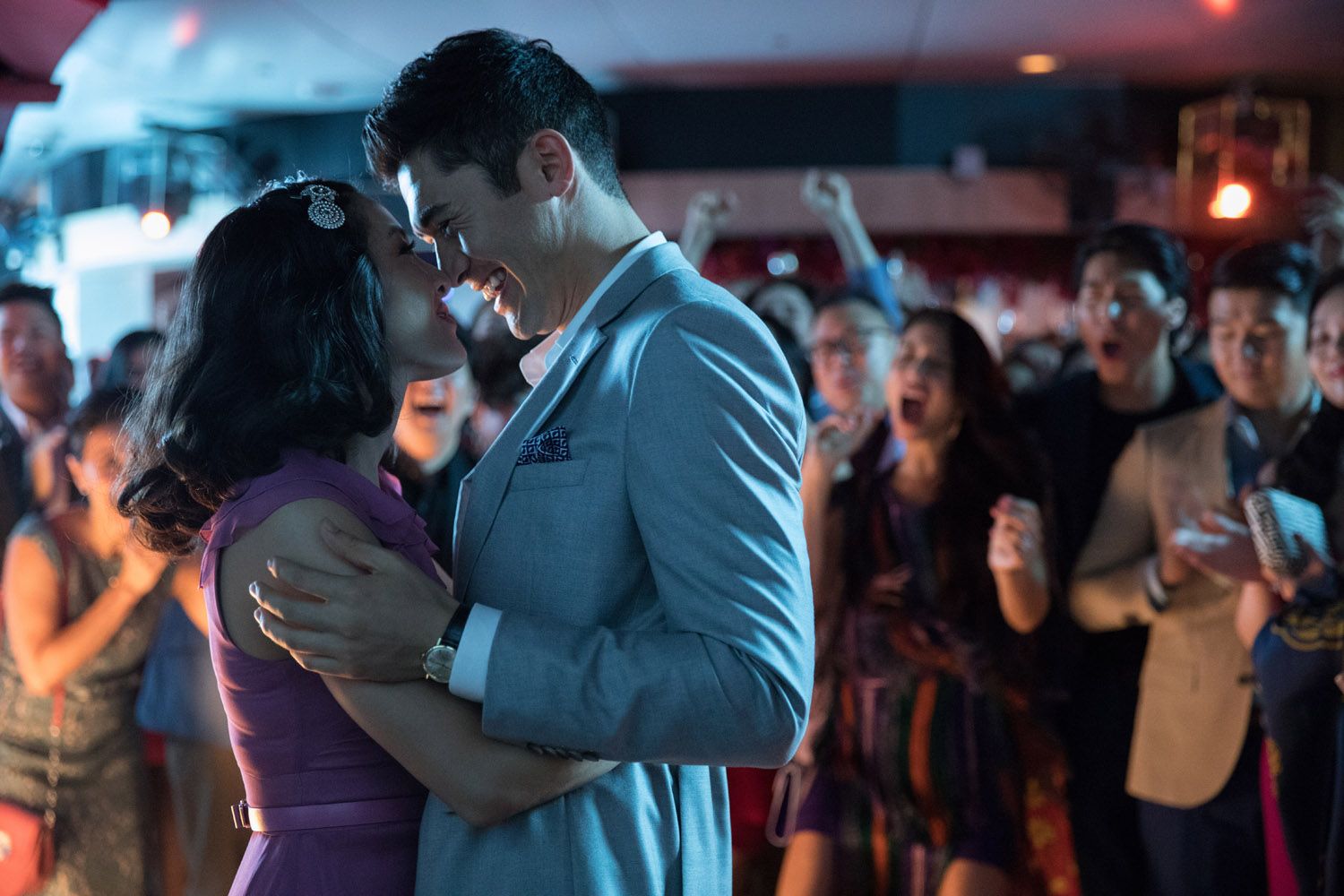Lately, there have been some in the critical community saying Netflix is saving the romantic comedy. The reason is only because the streaming content giant has spent this year reliably dumping a cheap one on its service every week or two, movies that fit comfortably into the genre’s tropes and consistently land somewhere between a C- and a B- in execution. You have your high school versions (the oddly chintzy — and skimpily skirted — Kissing Booth, or the mostly appealing, save for a late-breaking social media subplot, To All the Boys I Loved Before), the high concept mixups (the empty calorie junk of overexerted Set it Up and the overextended Like Father), the raunchy hangout (the just-shy-of-good Ibiza), and everything in between. (This includes a sentimental wedding comedy — a little romance accompanying a sprawling family ensemble mixing casual naturalism and broad antics — in Robert Smigel’s The Week Of, my favorite of the bunch, the only one I’d almost entirely recommend without reservation, and easily the best non-Meyerowitz Stories Sandler picture in at least half a decade.) And yet, whatever the individual projects’ hits and misses, I’m sorry if I see this less as a rebirth of a genre than a slightly upscale, starrier, buzzier version of the Hallmark Channel’s chintzy factory of made-for-TV rom-coms. It's not not keeping the genre alive, but it's undeniably maintained as a marginal niche.The argument for the Netflix effect on the genre is not entirely without merit. These are movies that may not otherwise exist, for good or ill. But if you ask me — and, hey, you clicked here, so you must’ve wondered — if the rom-com is to be saved from a direct-to-streaming purgatory it’ll be through Movie Stars on the Big Screen.
Then you can find Rose Byrne and Ethan Hawke in the Nick Hornby adaptation Juliet, Naked. Like previous films made from his sweetly prickly romantic novels, it concerns itself with music business outsiders whose interactions with the tunes of their lives leave them struggling to connect meaningfully with others. Unlike the caddish rich guy living off his dad’s one-hit-wonder royalties in About a Boy or the stunted record store fanboys in High Fidelity, this new film finds a small-town British woman (Byrne) suffering in a frayed relationship to a pompous music blogger (Chris O’Dowd). Actually, it’s worse than that. He runs a fan site for an obscure indie rocker (Hawke) whose glimmer of a chance at fame came and went with the 90’s, leaving only a generic jangly grunge album, Juliet, behind as he retreated into recluse status. Byrne plays kind exasperation well, listening to the boyfriend’s yammering about the musician with patience at the end of its long fuse. She’s had enough. She logs onto his site and leaves a scathing comment about an album of shaggy acoustic demos the record company has scrounged up and pressed with the same title as the movie itself. She calls it a sad attempt to wring extra money out of the long-dead career of a dusty cult favorite. So of course she’s surprised when her account gets an emailed private response — from the rocker himself telling her she’s exactly right. What follows is a lovely low-key romance-inflected epistolatory exchange, Byrne and Hawke trading voice overs as their quotidian daily lives — her work curating a tiny town museum; his chores for one of a variety of exes with whom he’s had a child — carry a new trembling charge of intimacy courtesy their pen pal secret. Eventually, in true You’ve Got Mail fashion, the question arises: should they meet in real life? Director Jesse Peretz (Our Idiot Brother), shooting an adapted screenplay by Evgenia Peretz, Jim Taylor, and Tamara Jenkins, presents this with clear, bright, pleasant simplicity. The movie, with small charms, carries the sweet tension of the central irony with a deft, light touch, and unfolds the slight, simmering romantic undercurrent with a patience for stutter-step progression of a burgeoning relationship while knowing fairly well how and when to steer away from or into genre tropes. Best, though, are Byrne and Hawke, who settle so naturally into their roles that they feel a little less like pawns in a rom-com game, and more two people with simpatico regrets whose paths cross and just might take a chance on making the other slightly happier than they were before. Isn’t that what it’s all about?




No comments:
Post a Comment